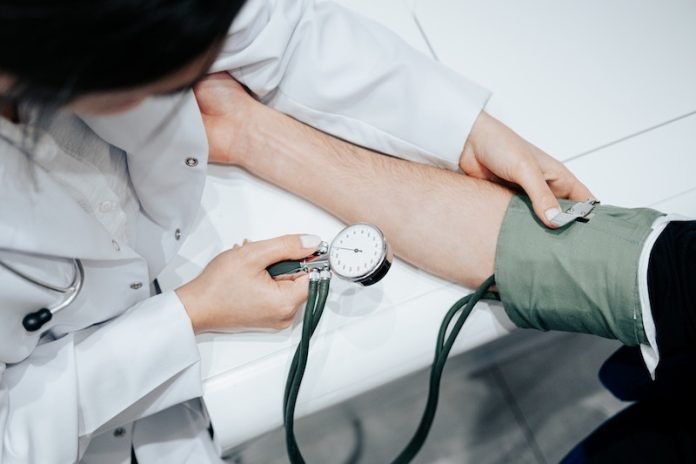
A recent study conducted at the University of Bristol has discovered a potential method to reduce the progression of diabetic kidney disease, which affects around 40% of individuals with diabetes.
These findings are significant for the 4.8 million people in the UK with diabetes who are at a four-fold higher risk of requiring dialysis or a kidney transplant.
The study investigated the effectiveness of spironolactone, a commonly used blood pressure medication, in treating the disease.
Promising Results
Clinical trials have previously shown that spironolactone can decrease protein leakage into the urine, indicating a positive impact in treating diabetic kidney disease.
However, the drug can also have adverse side effects, such as high blood potassium levels, which can deter clinicians from using it.
In this study, the research team aimed to understand how spironolactone prevents kidney damage.
The team discovered that spironolactone has a protective effect by preserving the glycocalyx layer, a gel-like substance on the surface of blood vessels in the kidney.
They developed a novel method using patient kidney biopsy specimens to measure changes in glycocalyx depth.
This approach helped confirm that diabetes damages the glycocalyx layer and that spironolactone prevents this damage.
The study also revealed that spironolactone reduces the activity of matrix metalloproteases, a group of enzymes.
This reduction contributes to preserving the glycocalyx layer on the blood vessels’ surface in the kidney, thus preventing disease progression.
Future Directions
The researchers plan to investigate the potential of repurposing drugs that target matrix metalloprotease enzymes.
They aim to determine if these drugs could benefit patients with kidney disease while avoiding the troublesome side effects associated with mineralocorticoid receptor blockers.
This research represents a significant step toward identifying new treatments for diabetic kidney disease, providing hope for millions affected by the condition.
Protecting Kidney Health in Diabetes
Individuals with diabetes can take several steps to protect their kidney health:
Control blood sugar levels: Keeping blood sugar levels within a healthy range, as advised by a doctor, helps prevent kidney damage over time.
Manage blood pressure: Maintaining blood pressure at or below 130/80 mm Hg is crucial, as high blood pressure can harm the kidneys. Medications may be prescribed to lower blood pressure if necessary.
Follow a healthy diet: A diet low in salt and saturated fats, focusing on fruits, vegetables, whole grains, and lean protein sources, promotes kidney health.
Exercise regularly: Engaging in regular exercise, aiming for at least 30 minutes of moderate activity most days of the week, improves overall health and reduces the risk of kidney disease.
Quit smoking: Quitting smoking can enhance kidney health by reducing blood vessel damage and the risk of developing kidney disease and other health issues.
Take medications as prescribed: Adhering to prescribed medications for diabetes and high blood pressure is essential to protect the kidneys from damage.
Get regular kidney function tests: Regular kidney function tests recommended by a doctor can help detect kidney damage early, enabling timely treatment.
To learn more about blood pressure, please read studies on how diets can help lower high blood pressure and the benefits of omega-3 fatty acids in controlling blood pressure.
For further information on kidney health, explore recent studies on dietary prevention of kidney stone recurrence and protecting kidneys from the impact of diabetes.
The study was conducted by Dr. Matthew Butler et al and published in JCI Insight.
If you care about high blood pressure, please read studies about how your eyes could help diagnose high blood pressure, and marijuana may strongly increase death risk in high blood pressure.
For more information about blood pressure, please see recent studies that early time-restricted eating could help improve blood pressure, and results showing plant-based foods could benefit people with high blood pressure.
Copyright © 2023 Knowridge Science Report. All rights reserved.



